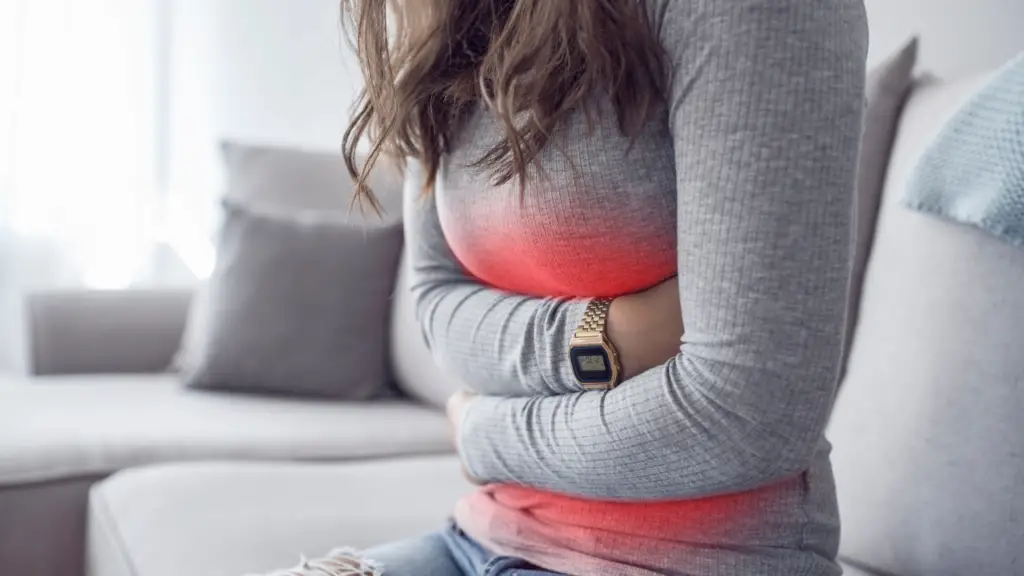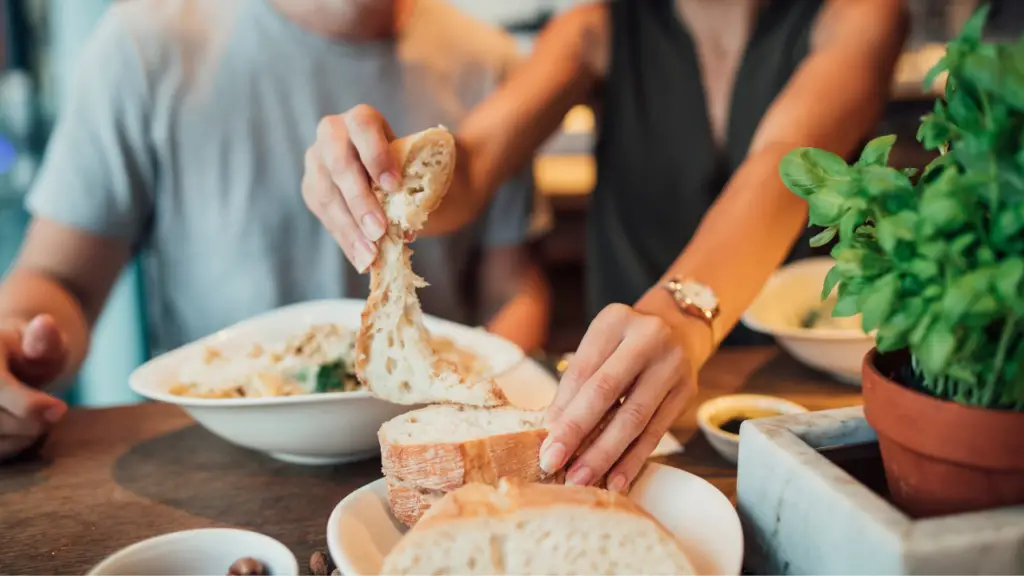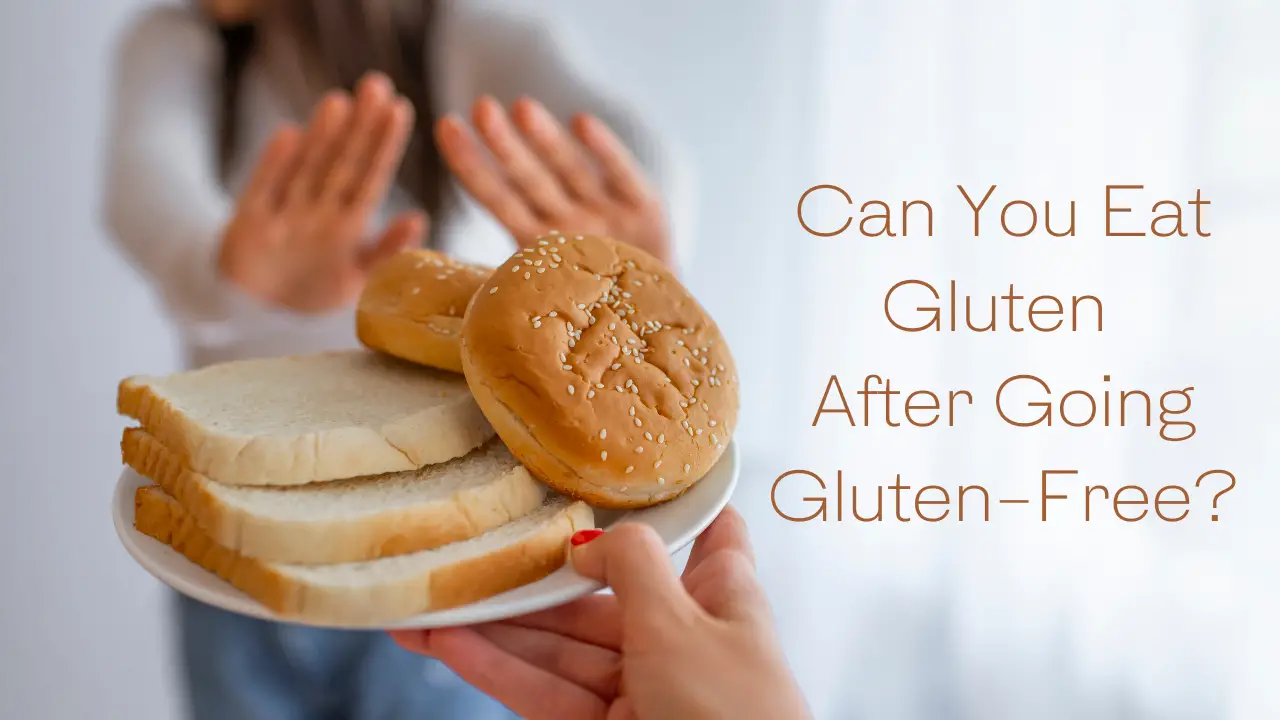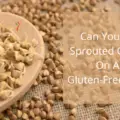Many start the diet with much dedication but question whether they can have a tiny bite of gluten-based foods. Staying consistent without giving in to your cravings is difficult on any diet, let alone a gluten-free one.
Another alternative is when you've reached your goals and finally want to eat gluten again. The question for both these scenarios is- can you eat gluten once you've gone gluten-free? You will want to consider several things. We're going to answer all of them in this guide.
What is Gluten?
Every food and beverage comes with a supply of nutrients that the body absorbs. One of these nutrients is protein, an essential nutrient for the body. It helps in numerous functions that ensure a healthy system.
Gluten particles have a specific protein class in them known as gliadin. Wheat, rye, barley, spelt, and triticale contain gluten. Additionally, byproducts of these grains, or food made from these grains, also contain gluten.
Some of the most common gluten-based foods are cereals, pasta, bread, and baked goods. Other gluten-based products include alcohol, condiments, and processed foods, to name a few.
Defining a Gluten-Free Diet
We have a complete guide on what to avoid and eat on a gluten-free diet. Meanwhile, here's a brief recap.
As you may know, a gluten-free diet is devoid of any gluten-based grains and foods. You can't have gluten-based grains, byproducts, or foods with those ingredients. Processed foods typically contain gluten-based additives. On a strict gluten-free diet, those need to be avoided too.

You might be wondering, what are you even left to eat then? Don't fret; tons of gluten-free foods are nutritious, energy-boosting, and incredibly healthy! A gluten-free diet primarily focuses on dairy, meat, poultry, fruits, vegetables, and non-gluten-based grains.
These make up an extraordinary combination of healthy meals provided you leave out the unhealthy junk. The food market now also has many gluten-free substitutes for traditionally gluten-based products.
Who Needs to Follow a Gluten-Free Diet?
As mentioned above, protein is necessary for the body. But, not every type of protein class suits each individual.
We have knowledge that celiac disease is an autoimmune condition in which the body cannot absorb gluten due to a genetic disorder. The immune system on identifying gluten particles attacks the particles and the intestines in response.
Gluten sensitivity is another condition similar to celiac but is not an autoimmune condition. In this, the body's digestive system is incapable of absorbing gluten.

Besides celiac and gluten sensitivity, a gluten-free life has become a trend in healthy individuals. Some state that it helps with their digestive symptoms; others suggest it cures inflammation. A gluten-free diet has also become one of the top listed diets in weight loss diet plans.
So, let's make it clear. Anyone who doesn't have celiac or gluten sensitivity doesn't essentially NEED to follow a gluten-free life. Those who believe a gluten-free diet has helped them shift to a healthier lifestyle, go for it!
As long as you're eating nutritious, whole foods and fulfilling your daily nutrient requirement, it's a great idea.
What Happens When You Go On a Gluten-Free Diet?
We discuss this in terms of two responses: gluten-related conditions and “normal” systems.
When celiacs shift to a gluten-free diet, their body gradually starts healing. There is no gluten to fight any longer, so the immune system does not produce antibodies. As a result, the intestines begin to recover from the extensive damage.
It's a gradual process that doesn't happen overnight. With intestinal recovery comes overall better physical health. Your digestive system will no longer suffer from bloating, abdominal pain, nausea, diarrhea, and constipation.
Simultaneously, you'll see a decrease in fatigue and an energetic boost in your body. Every individual may experience a different set of indications that their body is on the path of recovery.

Gluten-sensitive patients experience similar effects as celiacs after going gluten-free. Their digestive symptoms gradually disappear, along with the tiredness, pain, nausea, and any other symptoms they may experience.
The second group is the healthy individuals, who are neither celiacs nor gluten-sensitive but still go gluten-free. Depending on what they're trying to achieve, they may experience less inflammation, weight loss, and a boost in energy levels.
Most gluten-based foods also contain an unhealthy amount of carbs and fats. So your skin may attain that healthy, glowing look as well.
Effects of Reintroducing Gluten in Your Diet
Whenever you take out a particular food group from your diet, the body processes the elimination. You may experience temporary side effects with a sudden change in diet. Also, if you're eliminating a food group to incorporate unhealthy foods, it does more harm than good.
Surprisingly, once your body becomes used to the new diet, you'll start to see positive results. Similar is the case with reintroducing gluten to your diet, especially if you've been gluten-free for a long time.
For celiacs and gluten-sensitive individuals, eating gluten after a long gluten-free period can be disastrous. A regular gluten-based diet after a gluten-free phase can reverse the healing process.
Consequently, these individuals will start to experience digestive and other symptoms again. If you're positive that you're a celiac or gluten-sensitive patient, experts do not recommend eating gluten at all.

All your efforts of healing the body with the diet will become null, and you should avoid gluten consumption.
For healthy individuals, the case is somewhat different. Gluten consumption after a gluten-free diet is not as drastic for this group. However, there are still side effects of reintroducing a food group.
As stated above, elimination and suddenly increasing food group consumption have consequences. Even a healthy individual's body gets used to no gluten to absorb when you've been gluten-free for some time.
Sudden reintroduction can cause digestive symptoms like abdominal pain, cramps, bloating, diarrhea, and constipation. But, these differ from those experienced by celiacs and gluten-sensitive patients because they're temporary.
You could experience these symptoms for a few days or weeks at most. After a while, your body will get back on track on digesting gluten normally.
Who Can Eat Gluten and How to Do it On a Gluten-Free Diet
Let's make one thing clear; a gluten-free diet means no gluten at all!
Here's a twist, though, healthy individuals can still eat gluten once in a while eating this way. If you're having extreme gluten cravings or you're thinking of setting up a cheat day in your diet.

After having achieved the aims of their diet, others plan on going back to the gluten-based diet. Whatever the reason, healthy individuals are not restricted from gluten-based foods forever.
However, rest assured this goes out only for those who do not suffer from celiac or gluten sensitivity. Besides, even healthy individuals need to take precautions regarding eating gluten on or after a gluten-free diet. Here are some tips:
Expect the Downsides:
An amateur mistake is eating gluten after going gluten-free and thinking all is well. In reality, those who expect and prepare for the downsides of reintroducing gluten handle the situation better. Knowing you're going to be experiencing temporary digestive symptoms is helpful for when the time comes.
Add gluten Gradually:
One of the worst things you could do to your digestive system is immediately eating a lot of gluten. Too much gluten may be harmful to anyone, especially those eating it after a regular gluten-free diet.
Therefore, when restarting a gluten-based diet, add gluten slowly instead of rushing into it. Maybe try adding a small amount in one of your meals per day and then taking it from there.
Look Out For Your Digestive System (And Labels):
You'd think all types of bread would have the same gluten content. However, that's not the case. When you're adding gluten back to your diet or even going for a cheat day, you need to look at labels.

Some foods have more gluten than others, and your digestive system can not handle them. Plus, dieticians recommend eating foods that strengthen the digestive acid during this period. What they do is help digest gluten-based grains and foods more readily.
These include leafy greens, apples, beets, ginger, cardamom, fennel, and more. Listen to your body's needs and go with the flow accordingly.
Final Words
All in all, we have covered the ins and outs of eating gluten after eating a gluten-free diet. The first is that celiacs and gluten-sensitive patients can not consume gluten at all.
Healthy individuals on a diet can eat gluten now and then, but not loads of it at once! Accessing yourself is key to finding out what your body may tolerate. The most necessary aspect is to take care of your body and eat nutritious foods.






